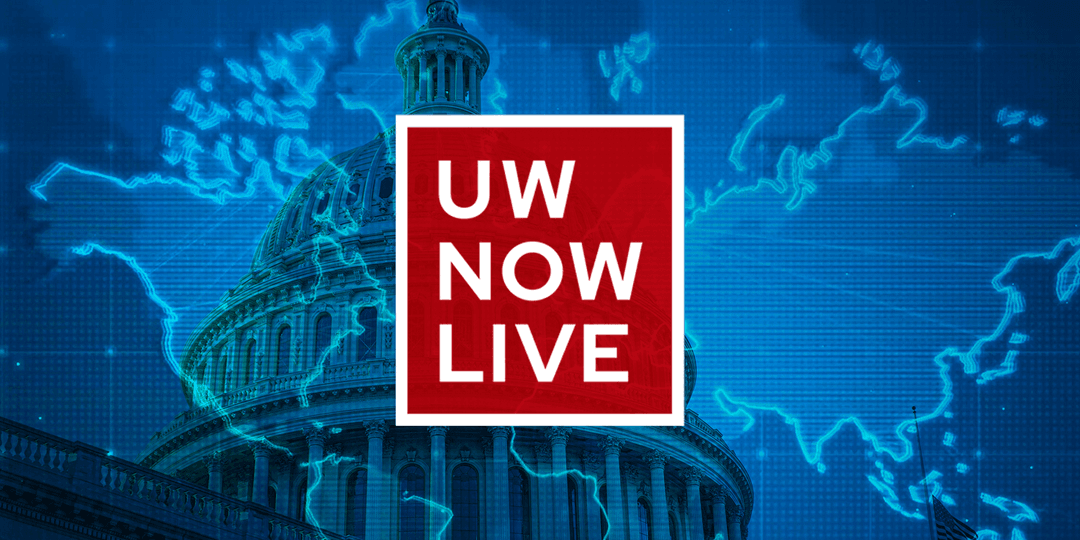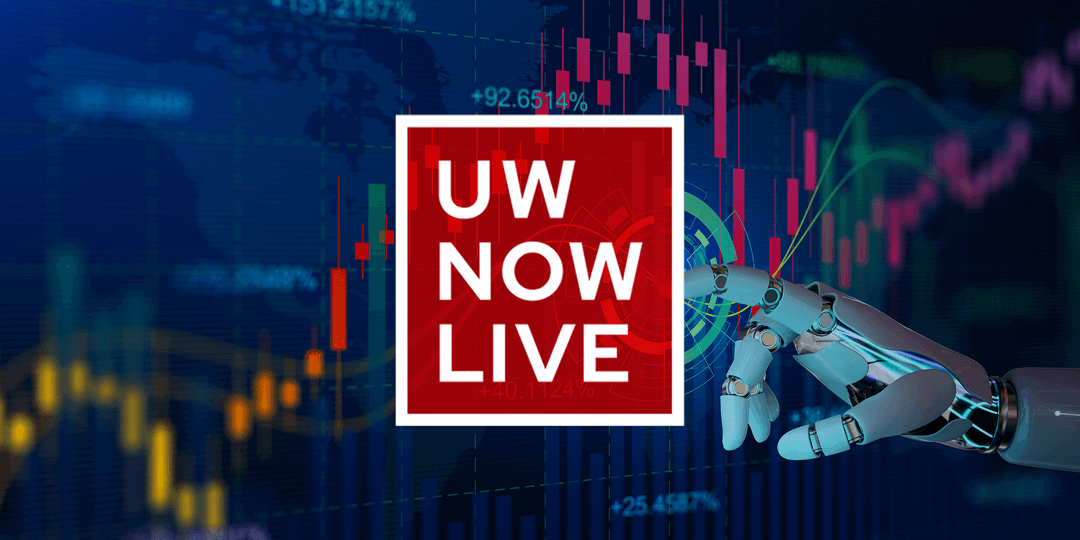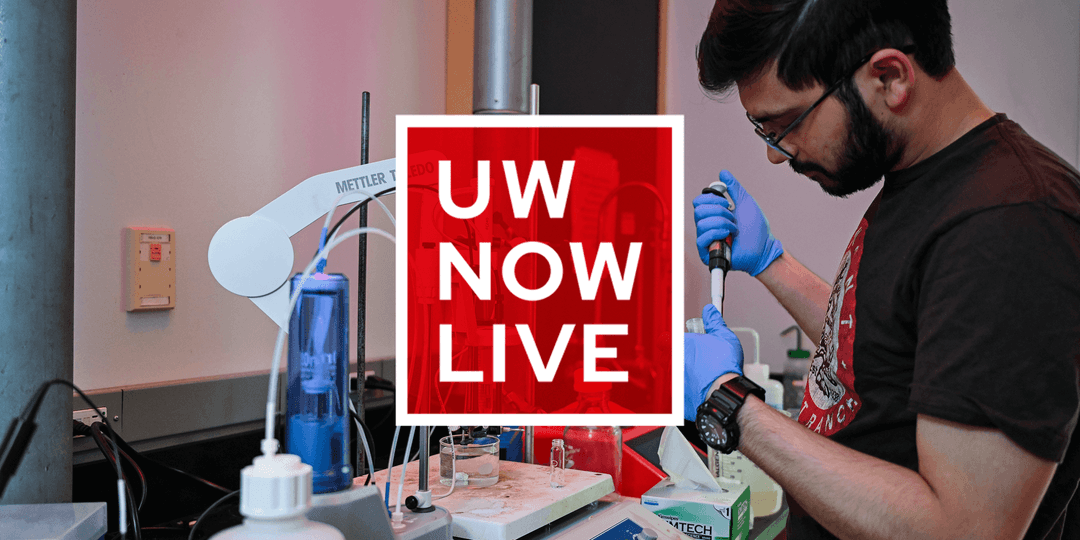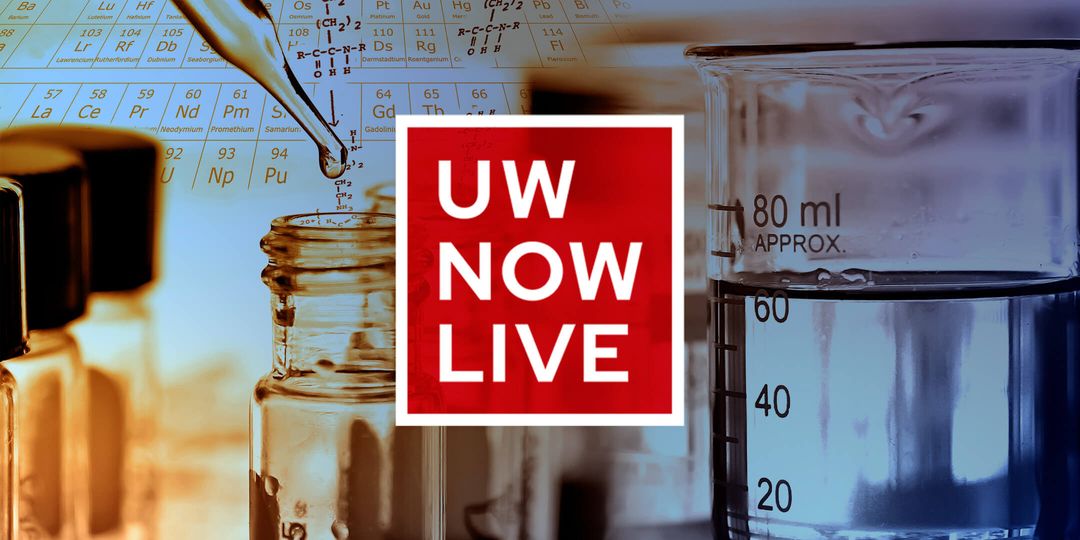When the COVID-19 pandemic arrived, it hit the working world hard, but its impact has only served to highlight America’s inequalities in starker contrast.
“I think there’s a couple of ways of looking at the economy. The COVID pandemic has changed everything about work,” said Laura Dresser. “At the same time, the underlying problems of inequality, especially the deep racial inequality in this nation, and the very bad problems of low-wage jobs in this nation, those problems have been exposed and exacerbated by this crisis. It is new, but it is long-standing, and it is old.”
Policy Ideas for the Pandemic Economy and Beyond
Dresser is a clinical assistant at the UW’s Sandra Rosenbaum School of Social Work and serves as associate director of COWS (formerly called the Center on Wisconsin Strategy). She’s also a member of the UW’s Institute for Research on Poverty, and she joined two other members of the institute to speak on The UW Now Livestream on February 16: economist Tim Smeeding MS’72, PhD’75 and professor of personal finance J. Michael Collins.
Dresser spoke about inequity and noted that, broadly speaking, the pandemic has divided workers into three different groups: those who lost their jobs and haven’t got them back; those who are considered “essential” and have to risk contracting COVID-19 to earn their wage; and those who are able to work from home and have neither lost income nor had to risk illness. “This last group looks a lot like me,” she said. “I have all of my income, I teach from my house, I have the safety and the security of my work and no exposure to the virus. But that experience is narrow and relatively elite.”
Rising Poverty Rate
Smeeding examined the rising rates of poverty among children. “If we think poverty was bad before the pandemic, imagine what it’s doing to children now,” he said. He advocated on behalf of a national “child allowance,” or refundable tax credit for families with children. Both President Joseph Biden, a Democrat, and Republican senator Mitt Romney have advanced plans that would pay families $3,000 per year per child and would help lift families out of poverty. “The bottom line is poverty is bad for kids,” Smeeding said.
Looking at the shock that workers and families suffered due to the pandemic economy, Collins considered people’s personal finances and the tactics they used to ride out the last year. Many of those who lost work have survived by delaying payments on mortgages or other debt, but though the pandemic will continue for months longer, the time of loan holidays is running out. “This isn’t over yet,” Collins said. “People have bridged this moment in time, this shock, with lots of different resources, including not being obligated for paying their bills, and [ending] that could create another shock.”
Each of the speakers gave a brief presentation, and then they took questions from viewers who followed the event live on YouTube. Mike Knetter, president and CEO of the Wisconsin Foundation and Alumni Association, hosted the conversation and served as moderator. To hear more from the speakers, view a recording of The UW Now. The series is offered live on Tuesday nights; the next event will take place February 23 and will include new information on COVID-19 research.



